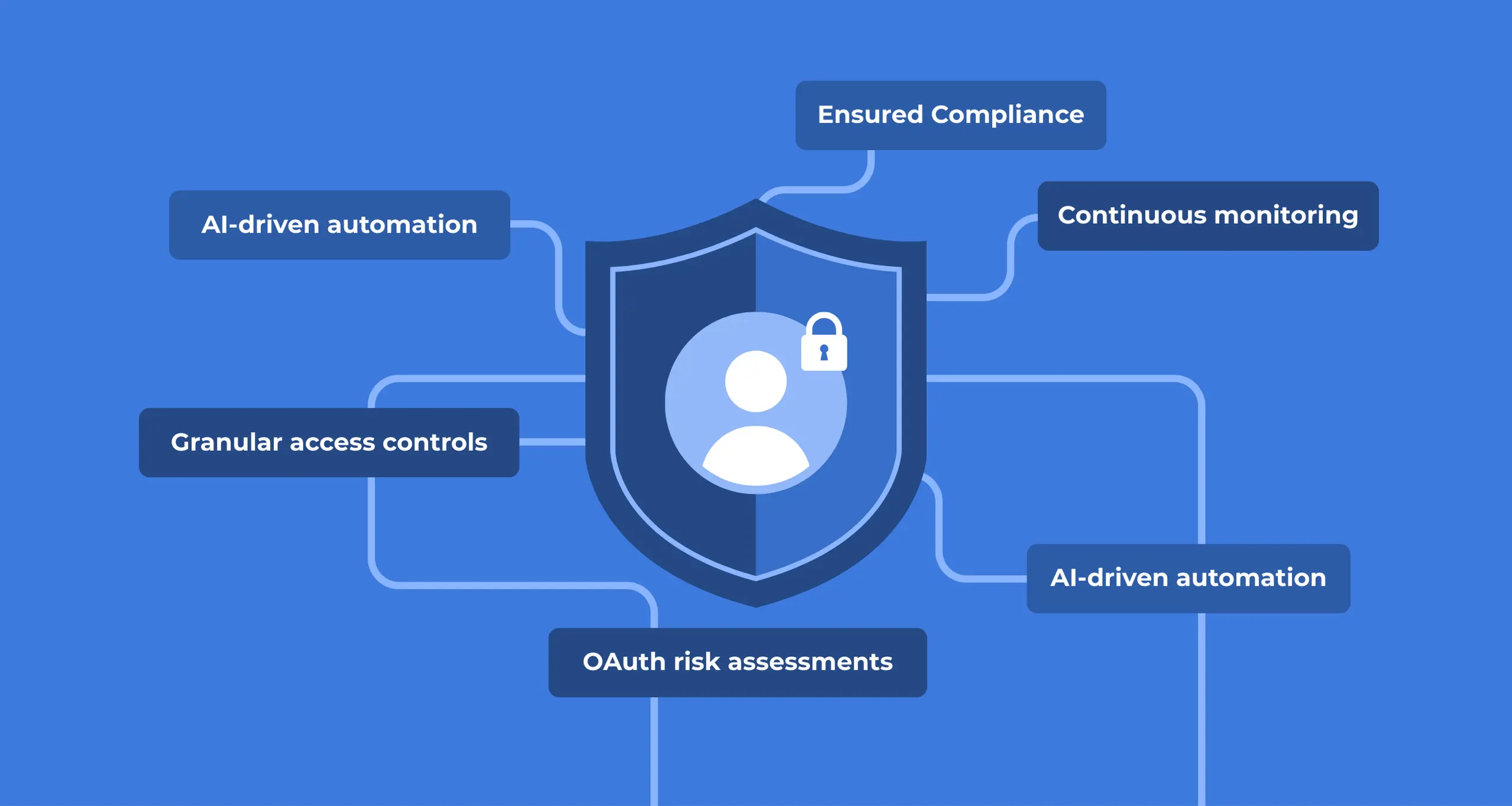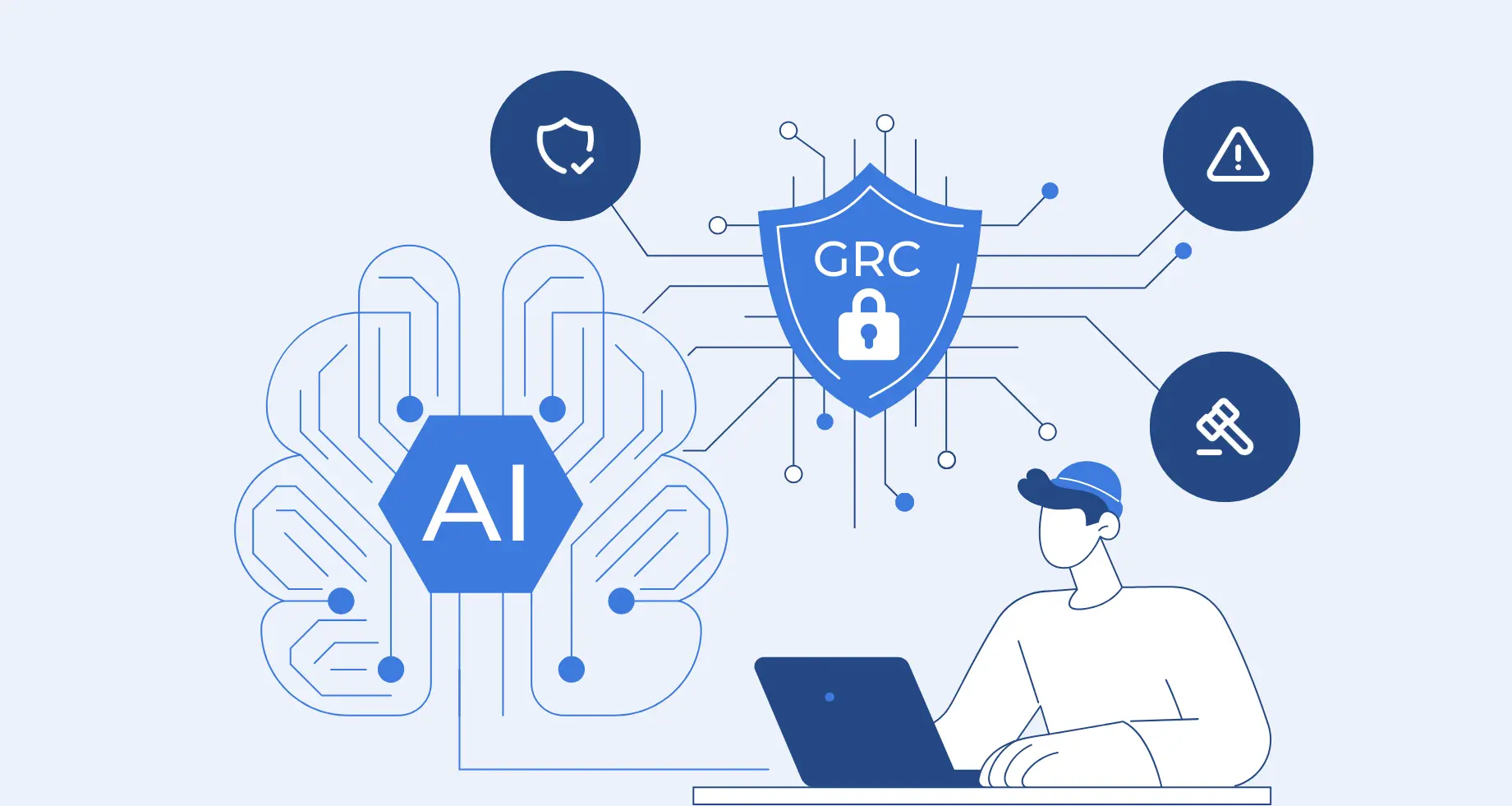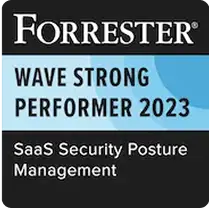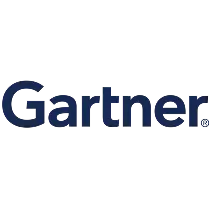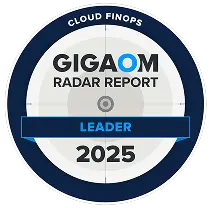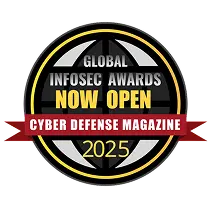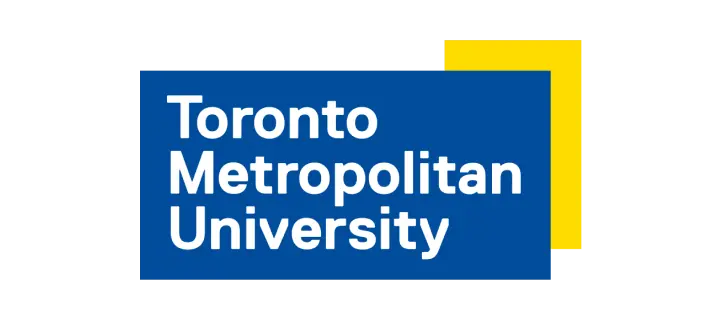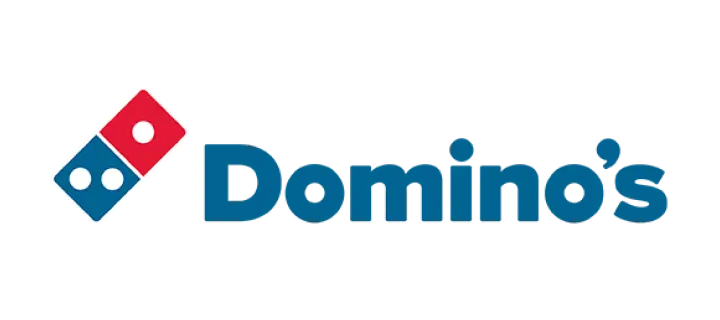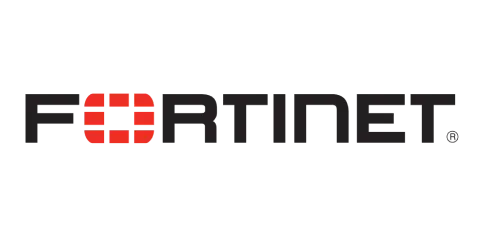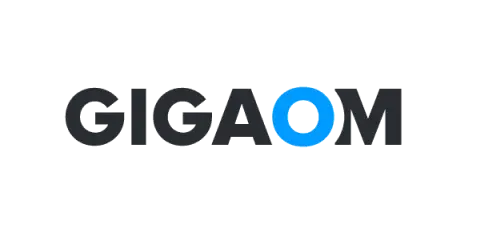SOC 2 Compliance Checklist For Enterprises
SOC 2 is required for companies that store or process sensitive information. So if your company is a SaaS or cloud services provider, you’ll need to be SOC 2 compliant. Besides, achieving a SOC 2 certification is a good business practice that proves your company’s reliability and commitment to data security. So let’s talk about SOC 2 compliance and data protection issues you should pay attention to.
SOC 2 Overview
So what is SOC 2 сompliance? System Organization Controls is a standard used to measure a company’s controls related to data protection. Having a SOC 2 audit helps to evaluate controls implemented by your organization to protect client data. An audit’s findings are summarized in a report.
A SOC 2 report is a detailed insight that describes a company’s systems, security measures, and their alignment with selected trust services categories. Compared to NIST or HIPAA, SOC 2 is more flexible to reflect a company’s needs and data flow.
Achieving this compliance means that your company has well-established measures of data protection. Undoubtedly, creating a secure system is good for your business reputation. More than that, it is more cost-effective than facing the negative impact of a data breach.
SOC 2 Type 1 vs Type 2
Both report types are quite similar. They describe an organization’s processes and control. The key difference between the types is time. A SOC 2 Type 1 report represents a specific point in time. Type 2 describes a period (at least 6 months).
Which type is the best? It depends on your situation and goals. A Type 1 report is faster to complete; Type 2 gives a deeper overview of your organization. Preparing for and getting a Type 2 report may take a year or even more. Accordingly, the costs are higher.
Trust Services Criteria and Categories
Trust Services Criteria helps to assess an organization’s controls implemented to protect corporate data. Moreover, an assessment shows if your security measures are effective. The criteria are classified into the following categories:
- Security
- Availability
- Processing integrity
- Confidentiality
- Privacy
Security is essential, so we’ll have a stronger focus on it later, in our checklist.
SOC 2 Compliance Checklist
Reports vary depending on the audit scope of each organization. Still, you’ll need to prepare yourself for meeting SOC 2 compliance requirements. We hope our SOC 2 checklist will help you. Here are some tips to meet security, availability, processing integrity, confidentiality, and privacy (though your scope may not include all of these categories).
SaaS Data and Access Security
Your system should have controls to prevent unauthorized access to your data. Good measures to protect your corporate data are:
- Establish and follow data security policies (for example, a password policy)
- Be able to detect and stop a cyberattack or data breach
- Monitor the SaaS apps you use. Some of your apps can be fake and hackers will use them to access your data
- Conduct risk assessments
- Use malware and ransomware protection tools
- Control all logins or login attempts
- Monitor data sharing (both internal and external), especially sharing of sensitive information
- Transfer data from accounts of departing employees to new accounts
- Configure roles and permissions if you use software with a role-based data access model
- Ensure all your team members understand and follow your policies, security best practices, and common reason required to protect your data
- Implement offline security practices: ensure hard copies of important documents are inaccessible to unauthorized people, educate your colleagues to protect themselves from tailgating (piggybacking), etc.
Availability
Availability refers to the accessibility of the information used by your systems and products/services. You have to develop and maintain sufficient controls to guarantee that your system is accessible for clients and your tech specialists. Companies usually describe data availability in their service level agreements.
To meet the availability criteria, you’ll need to maintain your systems so users can log in and use your service. Moreover, your tech team can access the settings required to support your operations. Also, we recommend implementing disaster recovery measures (like a data backup) to ensure that your data will be available even in case of an emergency.
Processing Integrity
Integrity means that your system’s processes are clear and geared towards meeting your company’s objectives.
Achieving processing integrity means that your systems function as they are intended to. All of your operations should be performed correctly, in due time, without errors or manipulations. Controlling insider threats is vital to keeping your system resistant to user error or malicious behavior.
Confidentiality
The confidentiality criteria address the protection of confidential information, including, but not limited to, financial documentation, proprietary technologies, customer information, and business plans.
Long story short, your system should be designed to prevent the exposure of protected data to unauthorized entities. Data encryption is a good measure for protecting the confidentiality of your information.
Privacy
If your systems store personal information, you’ll need to ensure their privacy. Such information includes everything that helps to identify a specific individual—for example, a bank card number or social security number.
Personal information has to be collected, used, retained, and disclosed following the operation’s privacy notice and AICPA’s principles. Using encryption and MFA are good practices that help to protect privacy.
How Can We Help to Protect Your Data?
Keeping your information secure is essential to meeting the compliance requirements. SpinOne is a security platform created by Spin Technology to protect your data stored in G Suite. Spin Technology has achieved SOC 2 Type 2 certification, which shows that our system is designed to keep our clients’ sensitive data secure.
This is how we help you to protect your G Suite data:
- Back up your data regularly to ensure it can be recovered in case of an emergency
- Identify the compliance, security, and business risks of the SaaS apps and extensions connected to your G Suite data to prevent a data breach or unauthorized access
- Review and analyze various security events within the domain, such as abnormal login activity
- Control G Suite data to prevent insider threats like unauthorized data download and sharing
- Disable login to compromised Google Workspace (G Suite) account and use SpinOne login credentials in combination with 2FA
- Stop ransomware attacks and restore lost data from a backup. Additionally, SpinOne provides access management, notification, and audit features that help you to investigate security breaches
If you use Office 365, try our security solution for Microsoft 365 that includes backup and ransomware protection functionality, which helps you to protect your Outlook, OneDrive, Outlook Contacts, and Calendars.
Spin Technology and SOC 2 Compliance
Spin Technology has achieved SOC 2 Type 2 compliance. The scope of our report includes information about security program components:
- Workforce Clearance Processes
- Management Reviews
- Risk Management
- Access Management
- Patch and Vulnerability Management
- Secure Software Development Life Cycle
- Data Encryption
- Malware Protection
- Business Continuity and Disaster Recovery
- Network Security
- Authentication Standards
- Incident Detection, Monitoring, and Response
- Security Awareness Training
- Third-Party Risk Management
Our report demonstrates that Spin’s systems and processes meet the highest data security and confidentiality standards.
